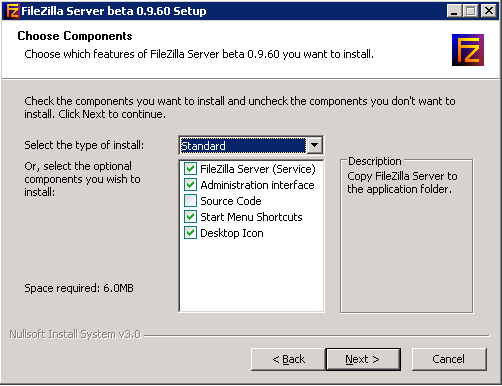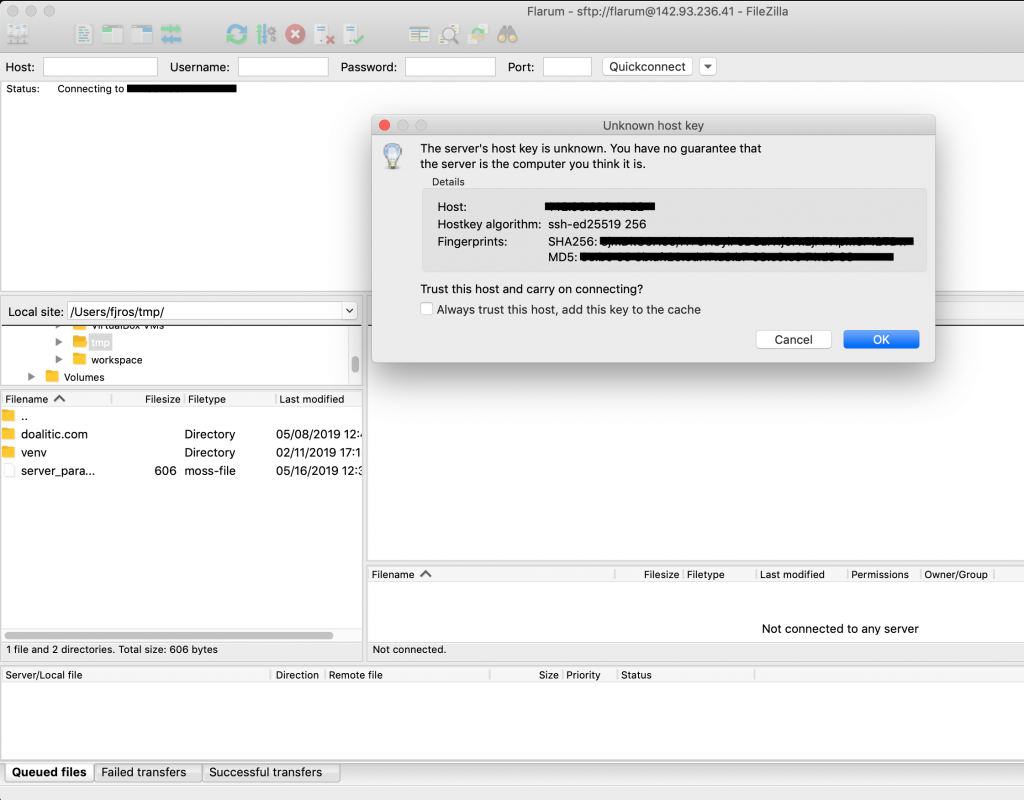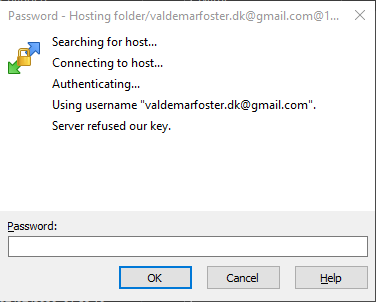
Remember to trim space between two line joined by CTRL+J command.Ĥ) Insert ssh-rsa keyword (with one trailing space) in front of the single line.ĥ) Append Host_name keyword (with a initial space) at the end of the single line (replace Login_ID and Host_name with your SSH login ID and host name accordingly). Original RSA type of public-key generated by Puttygen program.Ģ) Delete the first two and the last line,ģ) Join the remaining lines into one single line, by using the Shift+J command shortcut. If you’re on fast and stable connection, please click the HQ button on for watching this screencast in high quality video mode.Īs you’ve seen, the trick is to modified a Puttygen-generated public-key to the format of OpenSSH-generated public-key:ġ) Edit Putty-generated public-key file with Vi editor, This is the latest “silent” screencast in WalkerNews Channel YouTube (alive with background music from AudioSwap): So, how to install a Putty-generated RSA type of Public-key in OpenSSH authorized_keys file? If you do so, Putty fails with “Server refused our key” error message during authentication. Similarly, it’s not possible to install a Puttygen-generated public-key directly into OpenSSH authorized_keys file.

Otherwise, the public-key authentication failed with message that says “Unable to use key file “E:\id_rsa” (OpenSSH SSH-2 private key)”. Having said that, you can’t install OpenSSH-generated private key in Putty program. However, there is incompatibility issue between RSA type of public key generated by ssh-keygen and Puttygen. With OpenSSH, default SSH client/server software bundled with most Linux distributions, the ssh-keygen program is used to generate a pair of such cryptographic keys.Īs for Putty, popular SSH client suite for Windows, there is this Puttygen program to provide similar functions of ssh-keygen.

Other than security benefit, using public-key cryptography in SSH protocol is relatively easier to implement password-less or non-interactive authentication.įor example, a scheduled shell script can use scp (secure copy) to automate file-transfer between hosts seamlessly in background, without user interaction during authentication stage.

The SSH-2 protocol supports few user authentication types, one of which is public-key cryptography.


 0 kommentar(er)
0 kommentar(er)
